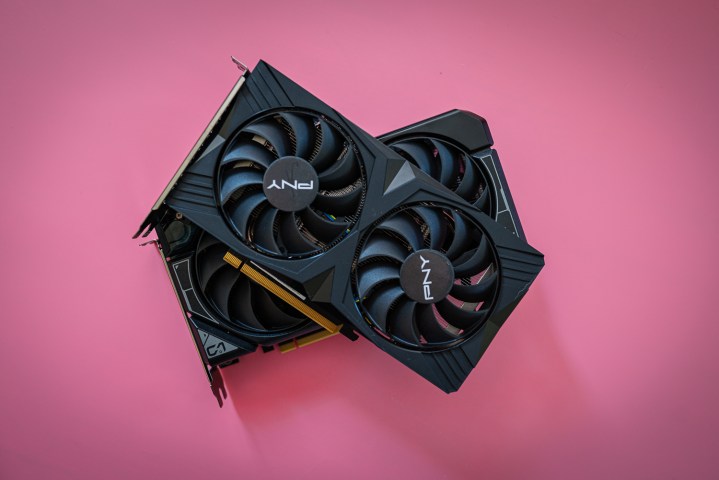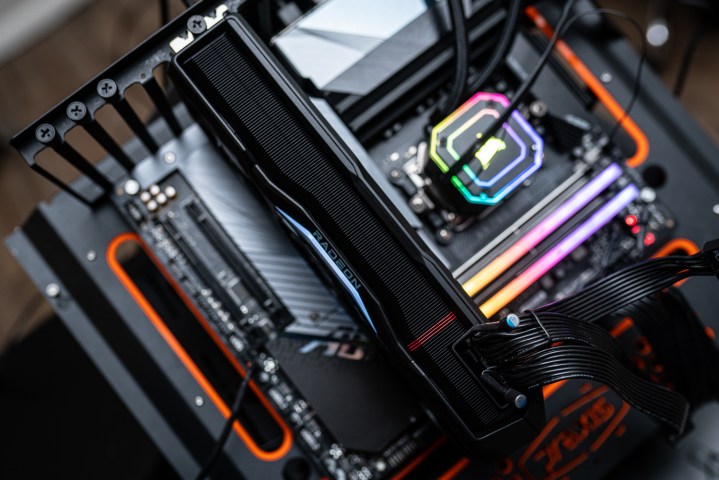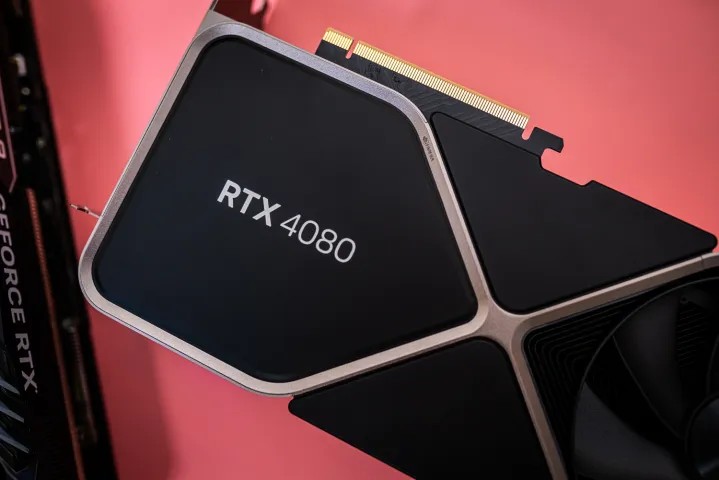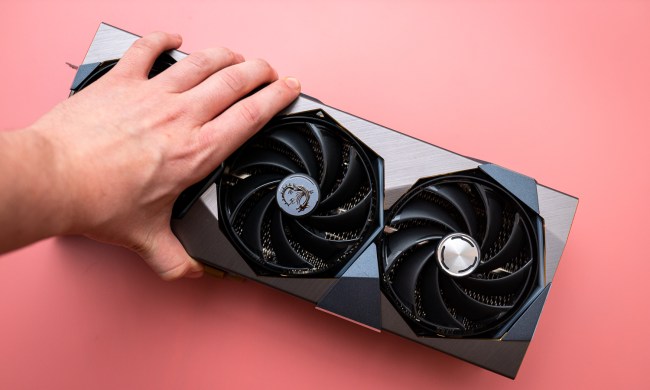
GPUs are selling again. Ever since the GPU shortage, graphics cards haven’t been selling well, but a recent report from Jon Peddie Research shows that trend is changing. The report shows that GPU shipments increased by 16.8% compared to last quarter, which is a positive sign. Still, I can’t help but feel worried about what this could mean for GPU prices.
Both AMD and Nvidia came out of the pandemic highs with new ranges of graphics cards. Nvidia set the bar with pricing higher than we’ve ever seen before, and AMD quickly followed, pricing its cards just low enough to be considered a value by comparison. That’s made the price of building a new gaming PC higher than it’s ever been.
Over the past year, however, it’s been difficult for AMD and Nvidia to keep prices propped up. AMD has cut prices on its RX 7900 XTX and RX 7900 XT, and Nvidia has followed with price cuts to the RTX 4070 and RTX 4080. The only GPU that’s gone in the opposite direction is the RTX 4090, which is likely seeing a price increase due to a recent sanction the U.S. placed on China.

With shipments rising again, I’m worried that Nvidia and AMD will reverse course on these pricing drops. That’s problematic considering the cards we’ve seen this generation almost universally arrived overpriced based on the performance they offer.
That’s what has driven a lot of the price drops. As you can read in our RTX 4080 review, for example, it’s a great GPU if you ignore the fact that it arrived $500 more expensive than the card it was replacing ($1,200 compared to $700 for the RTX 3080). AMD’s RX 7900 XTX — the direct competition to the RTX 4080 — drove some of the price drops with drops of its own. Both are solid cards in a vacuum, but they look downright pitiful when you consider how expensive they are.
The cards still sold, but probably not at the rate Nvidia and AMD were expecting. As Jon Peddie wrote in the report: “All through the last three quarters, add-in boards sold, not at normal volumes, and albeit with complaints about prices, but sold, nonetheless.”
There’s another critical factor at play here, though, which basically guarantees that GPU prices won’t fall any further.
Nvidia has reportedly stopped production of the RTX 4070 Ti and RTX 4080 in order to make room for a rumored Super refresh that’s supposedly arriving at CES 2024 in January. If these Super cards are real, the last several months of lowered prices were likely aimed at clearing the way for them to arrive at the same list prices.

It’s great that GPU shipments are improving, but it could mean that prices creep back up overall. It looks like desktop GPUs are driving this increase, too. the report shows that shipments increased overall by 16.8% compared to last quarter, but desktop graphics cards increased by 37.4% compared to last quarter. Desktop GPUs are the driving factor here.
That doesn’t mean that graphics cards will start going above list price, though. The main worry here is that the lowered prices we’ve seen over the past several months will disappear and GPUs will go back up to list price. It’s important to keep a longer historical context in mind. The report says that, although GPU shipments are up for the quarter, they’re still down 5.1% compared to the same point last year.
Peddie sees this as more of a correction, writing, “This bounce back … is being overpraised, when it largely reflects a cleaning out and straightening up of the distribution channel.” I would be remiss to omit Peddie’s warning about these reports, too: “The mistake is the constant search for sensationalism. It’s fatiguing.”
At the risk of diving into sensationalism, the biggest risk right now is that GPUs will go back up to list price, not that we’ll suddenly be in another situation of GPUs selling for two or three times what they’re worth. That’s still cause for concern when the pricing corrections we’ve seen on several GPUs are at risk of disappearing.




